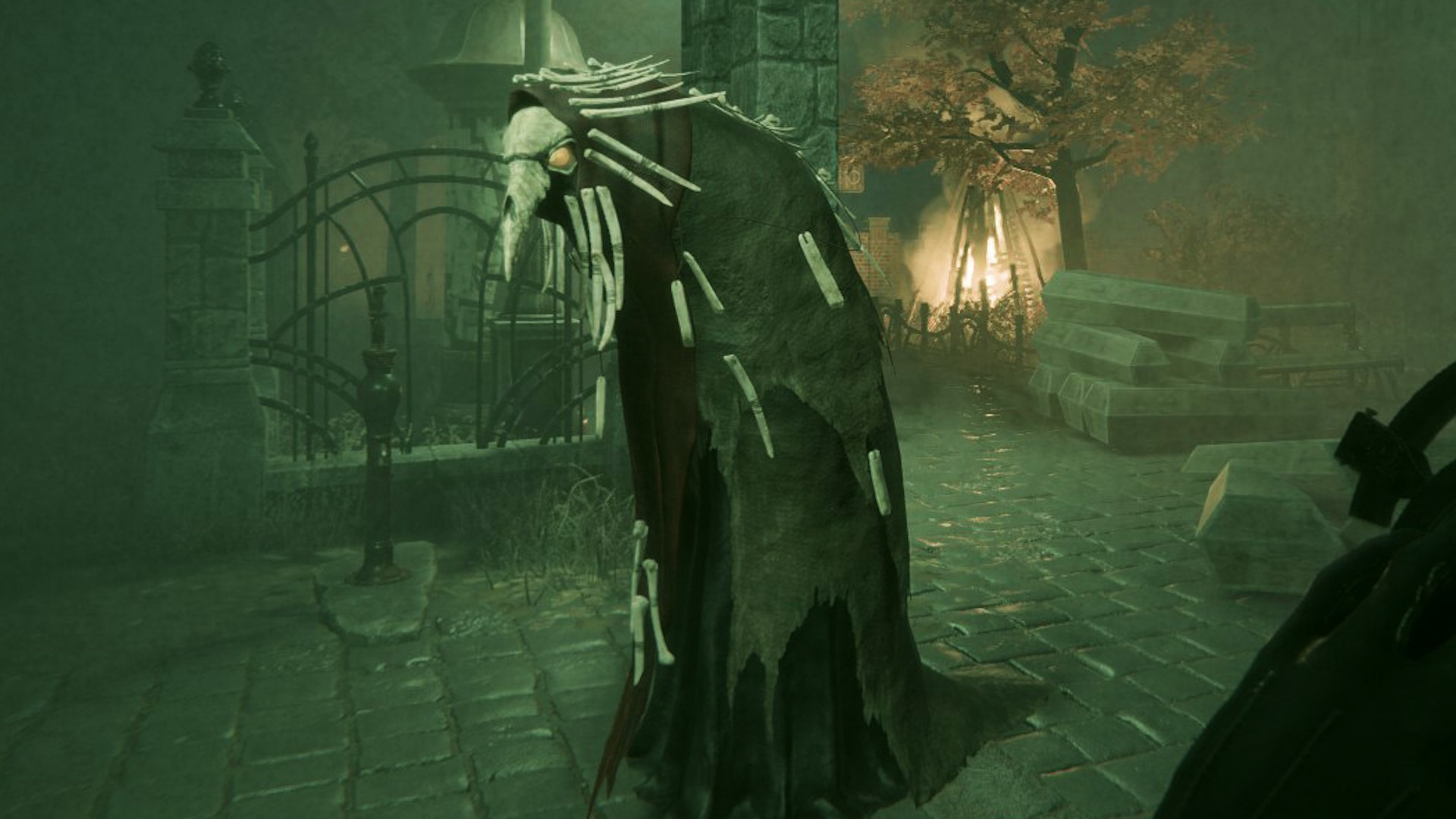
Dash is now available on digital and VOD.
Sean Perry’s Dash is a structural marvel as a one-take Los Angeles thriller captured exclusively by a rideshare driver’s dashboard camera. Adultery, drug dealing, gunsmoke, and numerous other unsavory elements blend as “Tarantino for the found footage age.” Heaping helpings of chaotic storytelling and hopelessly detestable character work trademark this seedy reinvention of Crazy Taxi through Hollywood, all about consequences ganging up for a relentless night of karmic lashings. We don’t leave the car — leaving us reading exposition on floating text bubbles or hearing private voicemails — which will be a selling point for adventurous viewers and a hindrance for those who switched off other vehicle-focused thrillers like Wheelman or H4Z4RD.
Alexander Molina stars as protagonist driver Milly, propelled by a host of bad decisions that collide in a sky-high pileup over 100 minutes. His love life includes pregnant secret girlfriend “Potential Spamm” aka Emily (Monette Moio), workaholic doctor wife “My Favorite Prostitute” aka Tara (Paige Grimard), and actual prostitute “Cali DMV” aka Kalli (Audra Alexander) — who sells Milly a brick of drugs to start the night (after an unfinished flaccid handjob). Dash rests on the car’s chassis and Molina’s performance, ranging from awkward conversations with “Dash” app riders to Milly’s increasingly manic spiral. Text messages go to the incorrect recipients, Google becomes a resource for cocaine measurements, and Perry introduces scenario after scenario of captivating discomfort as we ride shotgun.
Dash is a single-location, mostly feel-bad movie, which creates a tougher barrier for entry. Perry — who also appears backseat as a stupendously drunk off-duty LA cop — visually succeeds as far as one-shot cinema is concerned, but the writing needs to be airtight in a movie like this. Sticking within a confined and unchanging setting can lead to environmental monotony, and Dash isn’t impervious to gear-grinding lulls. Whether that be Milly’s lonesome speeding down Los Angeles alleys screaming obscenities or bits like giddy and gassy rideshare party girlies who refuse to speak (dialogue is conveyed through on-screen messages), Perry feels the weight of his conceptual challenge. The experience sustains but stretches like a grating Grand Prix with too many laps.
Perry takes the Taxicab Confessions approach while swapping lewdness for emotional vulnerability, not to forgive Milly’s actions. It’s more about who Milly encounters — a police officer with a superhero complex who feels demonized, the sex worker with a heart of gold — while Milly struggles to either conceal or offload his powdery product. Molina accentuates licorice-bitter humor through Milly’s inability to identify the correct narcotics via street names or fumbling through cheater coverups, never to grant any confessional pass. Dash is wholly cognizant of Milly’s despicable behaviors and ensures the audience knows, through deserved mental anguish and surprise violence. That’s important because choice scenes unwittingly drift towards forgiveness — but Dash is more about starting over and learning from painful, destructive lessons.
Cinematography, “editing” (fluid storytelling transitions), screenwriting — it’s all Perry. Hollywood Boulevard signage zips by rear view window views as Milly digs himself a bottomless grave, hellbent on nuclear self-sabotage. It’s too grounded to be zany, but frequent close calls with proverbial brick walls make Dash seem like a failing playboy’s fever dream. Whether dropping a straight white guy’s opinion into a queer throuple’s argument or inept juggling of his too-good wife and Dave Matthews Band one-night-stand mistress, Milly’s actions keep us wincing but also engaged. Perry deserves applause for an independent feature shot by a skeleton crew that requires immense on-set finesse not to break the marathon shoot. It’s a few steps away from full-throttle, but neither coasting on autopilot.






